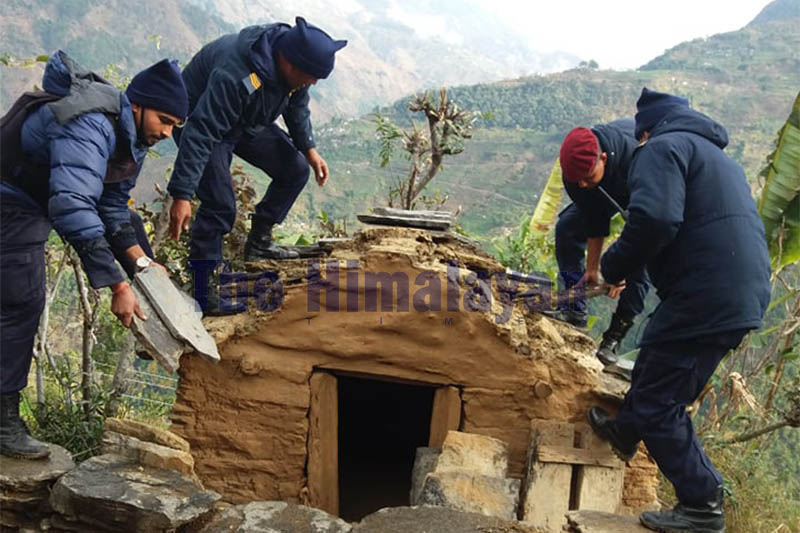Implementation status of women’s rights dismal: HRW
Kathmandu, January 17
The Government of Nepal has outlawed a number of ill practices including chhaupadi (menstrual seclusion), dowry, witchcraft allegations and child marriage, but the enforcement remains weak and these deeply entrenched practices continue unabated, according to World Report-2020 published by the New York-based Human Rights Watch earlier this week.
According to the report, legal gap and lack of political will continue to mar accountability for sexual violence, specially for victims from minority communities. A statute of limitation of one year on rape and sexual violence allegations prevents many cases from being filed at the courts. Despite numerous protests, the government has failed to adopt policies to protect and provide justice for women and girls, specially those from minority communities, who face rape and sexual violence. Instead, numerous cases are mishandled by authorities, including that of a 15-year-old Dalit girl from Mahottari, who was murdered after rape at the end of 2018 and the police refused to register the case in 2019.
There is no comprehensive legislation banning gender discrimination. Article 11 of the constitution confers fundamentally inferior legal status on women, by preventing them from passing citizenship to their children according to the same terms as Nepali men. In November 2018, the United Nations Committee on the Elimination of Discrimination Against Women recommended Nepal to endorse Safe Schools Declaration, an international commitment to protect schools, teachers and students during armed conflict. The government has yet to ratify the international instrument.
“Caste and ethnic minorities remained more vulnerable than others to abuses, including excessive use of force by police and torture in police custody. Crime, such as sexual violence, against members of minority communities often go unreported. After studying a case brought to the United Nations Human Rights Committee by a member of an indigenous group, who had suffered forced labour and torture, the committee recommended that Nepal must remove obstacles that stand on the way of victims seeking justice,” it reads.
Survivors of natural disasters, such as flooding, who disproportionately belong to minority communities, are often not provided with adequate relief, such as shelter. Four years after the 2015 earthquakes, which destroyed nearly one million homes, many survivors still live in temporary shelters. The government’s Public Service Commission sought to undermine constitutional guarantees of quotas for minority communities in civil service jobs by defying the hiring procedure.
According to the report, the government has also failed to publish the report of the Lal Commission, which investigated deadly violence between members of the minority communities and the police force in 2015. Despite progress in law and policy, tens of thousands of children with disabilities remain out of school, or are segregated at schools in different classrooms from other students, reads the report.






